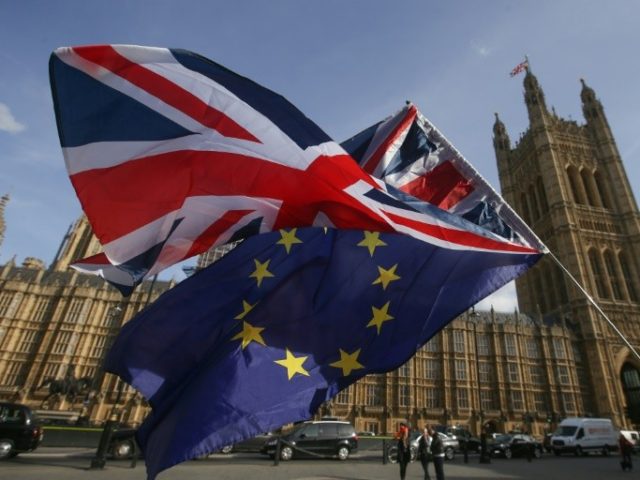The European Union (EU) has rebuffed the UK’s Brexit secretary and insisted there will be no ambitious trade talks with the bloc before the Brexit date in less than a year.
“There will be no negotiation strands, no ‘hundreds’ of British negotiators,” a diplomat for the bloc told The Telegraph, referring to David Davis’s proposal for intensive talks in the near future.
The source added: “Trade negotiations will not start properly until after 29 March 2019. Before that we must get the fundamentals right.”
The report comes as a leading London Accountancy firm, PwC, predicts that a so-called “hard Brexit” outside the bloc’s Single Market is the most likely outcome of Brexit talks.
Mr. Davis had been pushing a large British trade delegation, in an attempt to make quick progress in trade talks.
He ambitiously hoped they would be able to map out a detailed trade agreement with the EU this year, before the EU diplomat’s recent intervention.
UK Government Prepares for Brexit ‘No Deal’ https://t.co/YJVNGUigUY
— Breitbart London (@BreitbartLondon) January 2, 2018
The diplomat speaking to The Telegraph also said that an agreement on the issue of the Irish border must be found before any detail on a future trade deal can be drawn up.
“We are still seeing the same solutions for the border as those the EU dismissed last year. Either the UK is hoping for a sudden change of heart or they must have accepted the backstop clause,” the diplomat said.
An informal agreement struck in December said the province would be forced to stay inside the bloc’s Single Market and Customs Union, unless a way to keep the border open without customs checks is found.
However, this would mean the creation of a sea border between Ireland and the rest of the UK, which both the Prime Minister and the Democratic Unionist Party have strongly rejected.
Just days ago, the EU’s chief negotiator, Michel Barnier, said the UK could still change its minds and stay inside the bloc’s Single Market for years after Brexit, rather than negotiate a new trade relationship.
The UK would not, however, be able to take back control of its borders and trade policy inside the market.
No Brexit Deal is Nightmare Scenario for Europe’s Exporters https://t.co/nNqWWO5epl
— Breitbart London (@BreitbartLondon) March 21, 2018

COMMENTS
Please let us know if you're having issues with commenting.